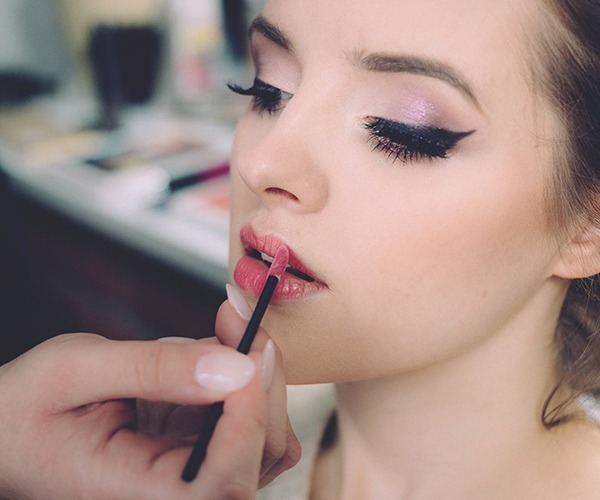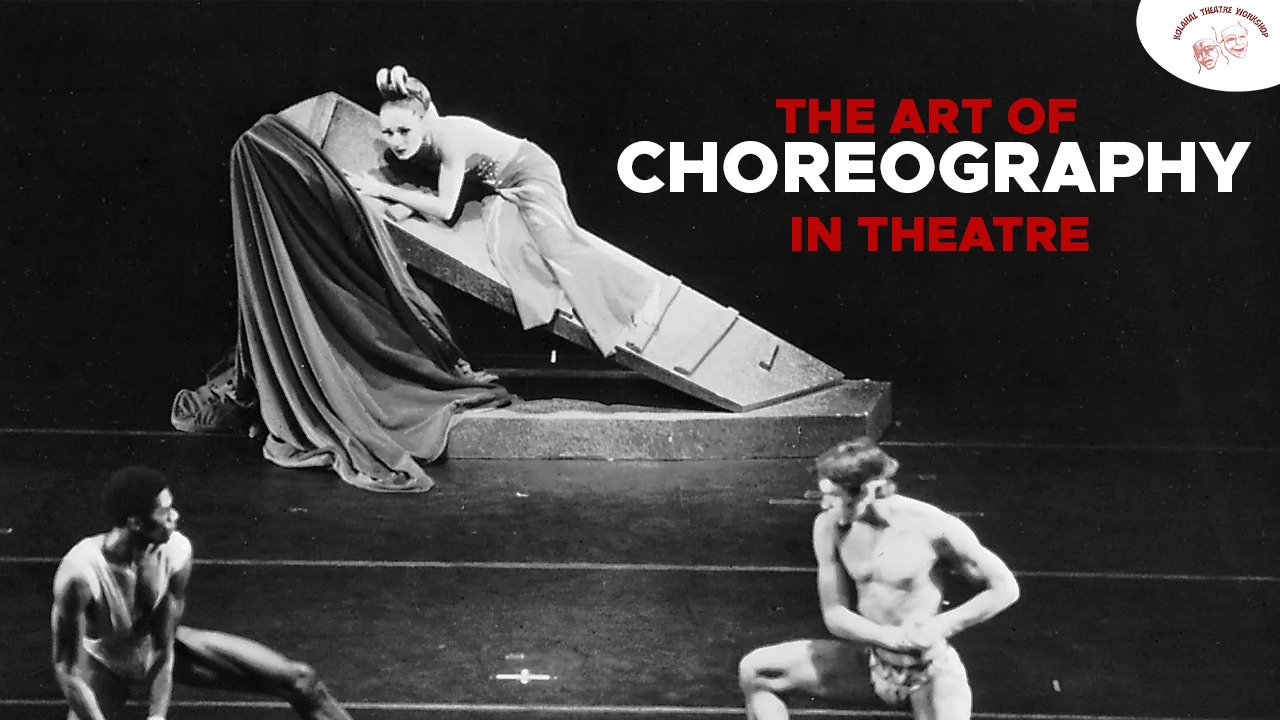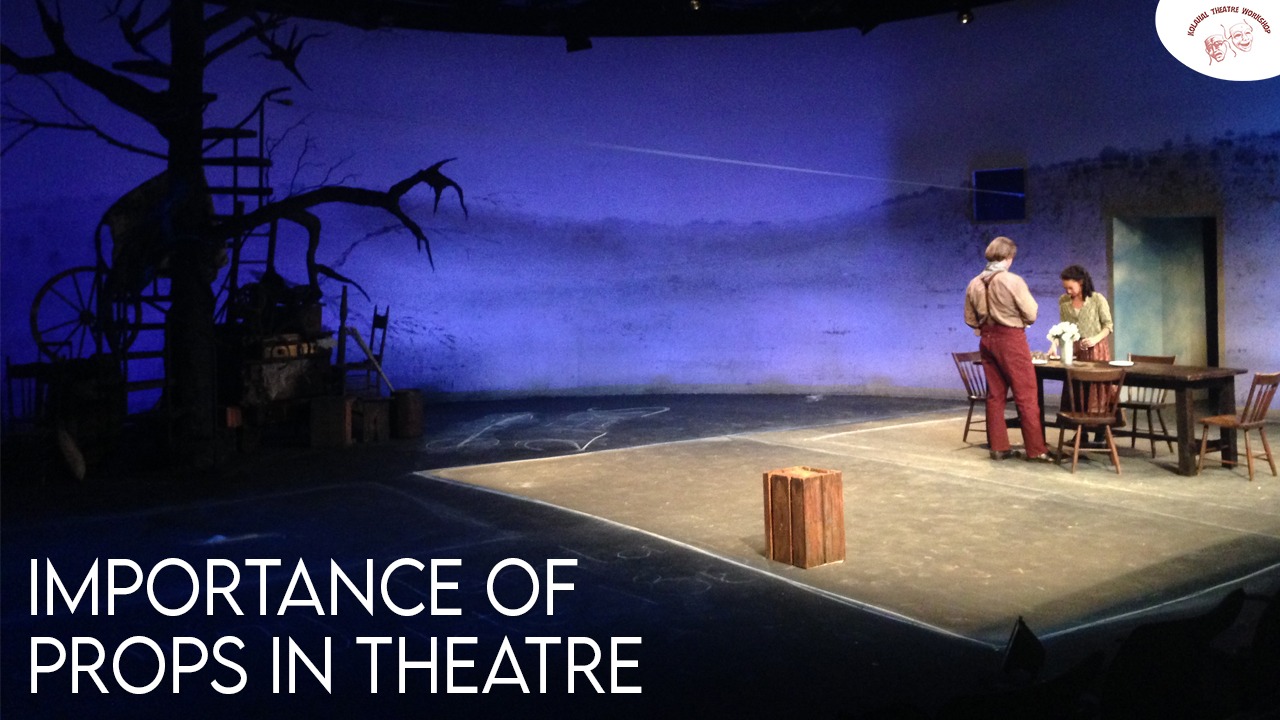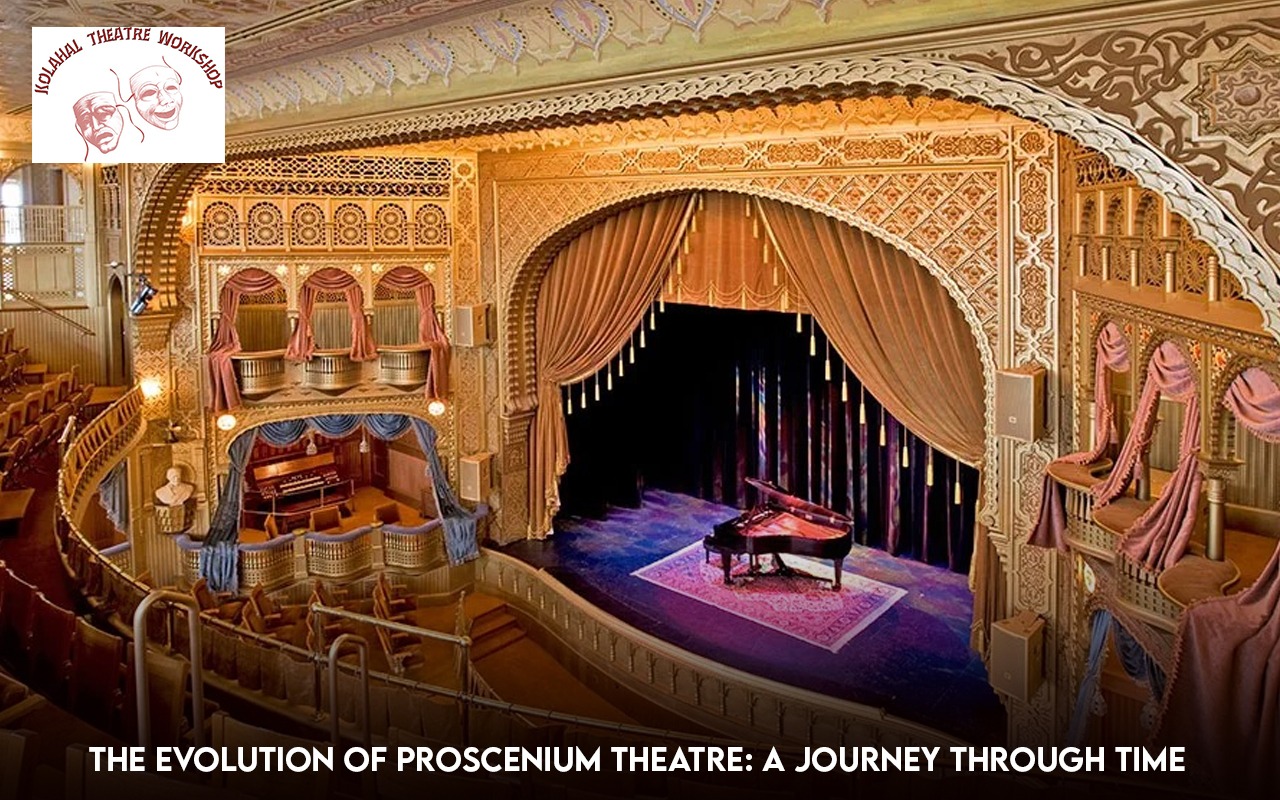IMPORTANCE OF MAKEUP IN THEATRE
Theatrical makeup can be defined as the makeup that is used to assist in creating the appearance of the characters, that actors portray during a theatre production. Theatrical makeup is the practice of painting, enhancing or altering the face, hair and body of the actor with cosmetics, plastic materials and several other substances; it is also the collective term for the materials used in making up. Such is the importance of makeup in theatre.
For a pretty long time, actors have been using makeup in the theatre not only to look best and to change their appearance but also to ensure the fact that they will be seen and recognized by the entire audience. Therefore, the aim of theatrical makeup is to delineate and enhance the role of a character and to give performers an additional tool for conveying the characters being performed.
HISTORY OF THEATRICAL MAKEUP :

Generally, it is believed that Thespis, the first actor to step out of the chorus in Greek theater in the 6th century BCE, was the foremost to apply white lead and wine to paint his face. However, the very large size of some of the Greek and Roman theatres made the use of masks more appropriate and practical. These masks allowed the actors to enact more than one role and their larger-than-life size and exaggerated features also enabled the audience to identify the actor’s role from a distance.
Performance of Actors in 17th Century:
In 17th century Europe, actors started performing in permanent theaters in the proscenium stage. Thus they had to deal with the challenge of making the face look distinctive in the light. It is most likely that from that time onwards, the actors adapted the cosmetics of fashionable women to own use.
Use of Cosmetics:
The use of cosmetics increased greatly during 18th century. However, the practice of makeup in western theatre changed largely with the World War II. Thus, makeup became more subtle and real. Noti Binodini, the first star performer of Bengali theatre brought a great change in theatrical makeup. She was a pioneering entrepreneur of the bengali stage and introduced modern techniques of stage makeup. She did this by blending European and indigenous styles.
https://kolahal.org/2020/06/29/costumes-an-integral-part-of-theatrical-performances/
IMPORTANCE OF MAKEUP:

Importance of makeup in theatre has enhanced the role of characters. In addition to makeup, costumes has also became an integral part of drama. Henceforth, most theatre productions are incomplete without the addition of these two factors. Makeup plays a vital role in the drama, character creation and visual aesthetic.
• Character building – Good makeup gives the audience key information about a character at first sight. It also reflects the mood of the actor. This enhances the story-telling and realism of the play.
• Gives an idea of the setting of the play– Makeup along with costumes, are chief indicator of the time and place of the play. In addition to match the setting of the play costumes, makeup must be coordinated properly.
• Helps actors to get into skin of the characters – Makeup serves a crucial purpose for the actors, too. The primary work that they need to do to give life to their characters is obviously done during weeks of rehearsal and individual practice ; but makeup helps in the process nonetheless. It helps them to get into the skin of the character.
• Visual effects – Beside setting and character, makeup plays an important role in visibility and aesthetic. It is also necessary to ensure that the features of an actor’s face are easy to see and don’t get ” washed out ” by the bright stage lights. It also makes the play aesthetically appealing.





[…] https://kolahal.org/2020/07/29/importance-of-makeup-in-theatre-an-indispensable-tool-of-drama-indeed… […]